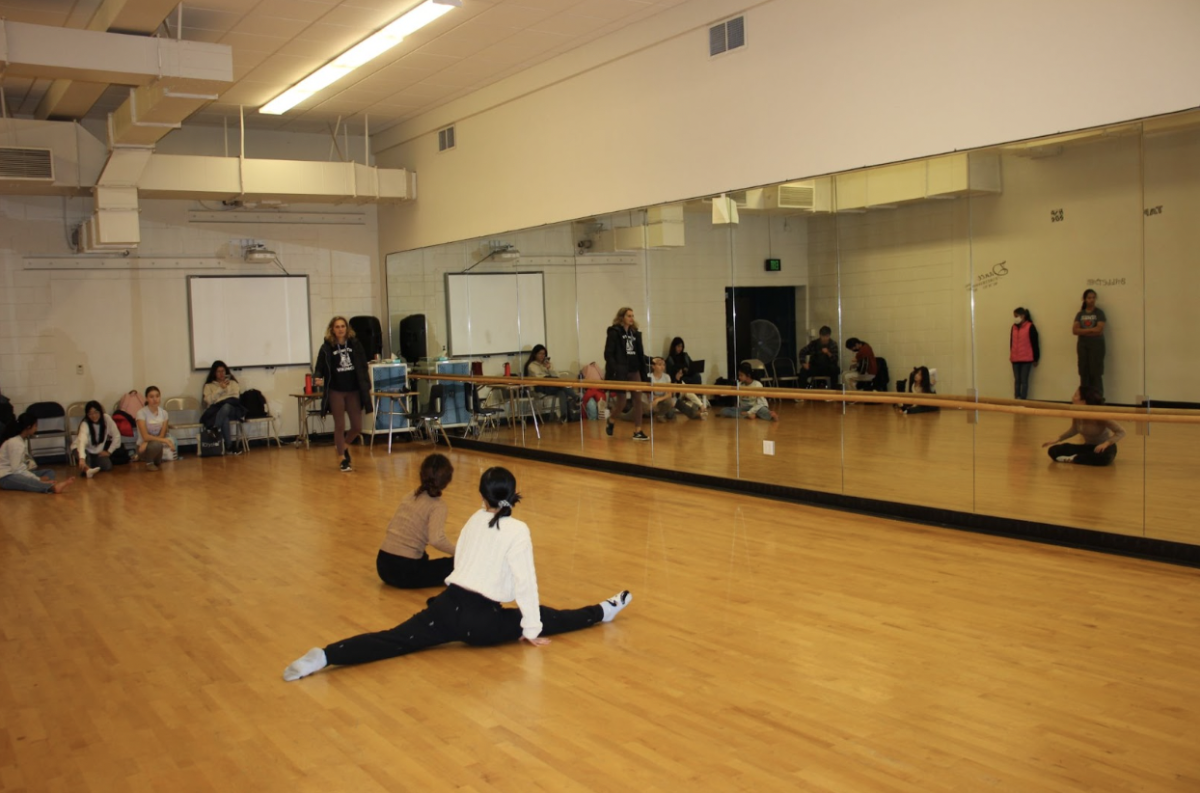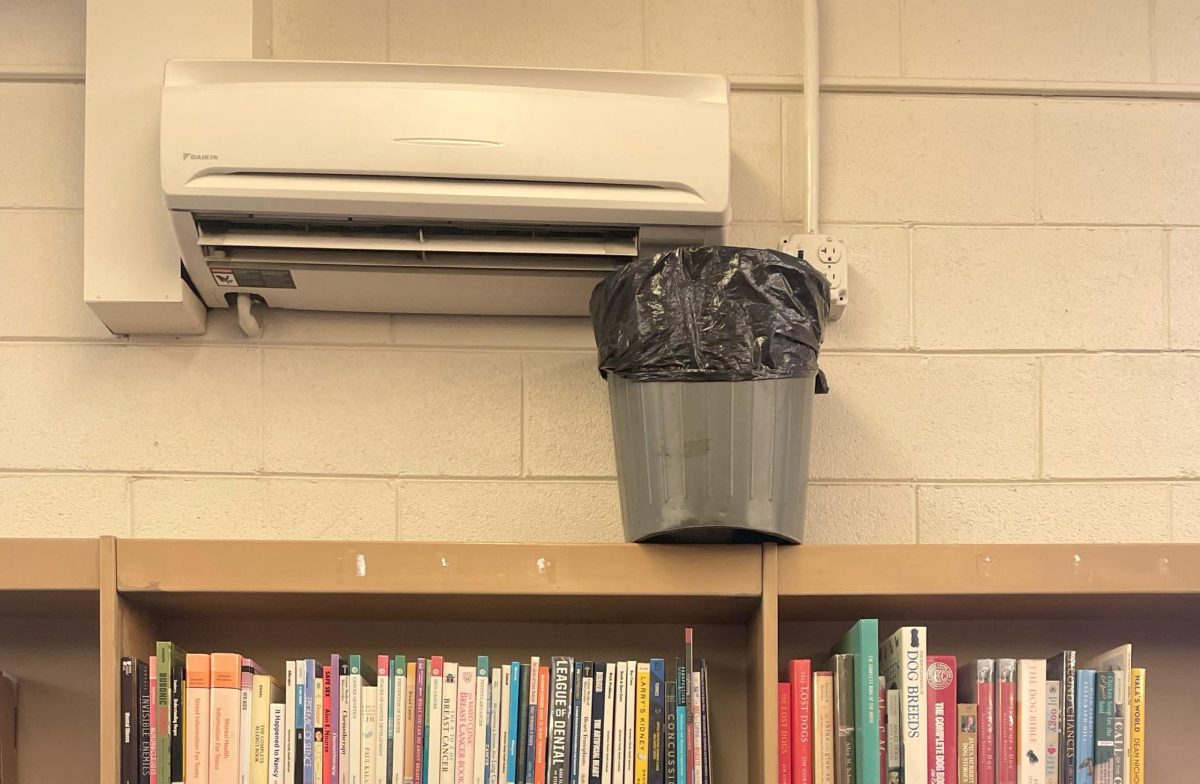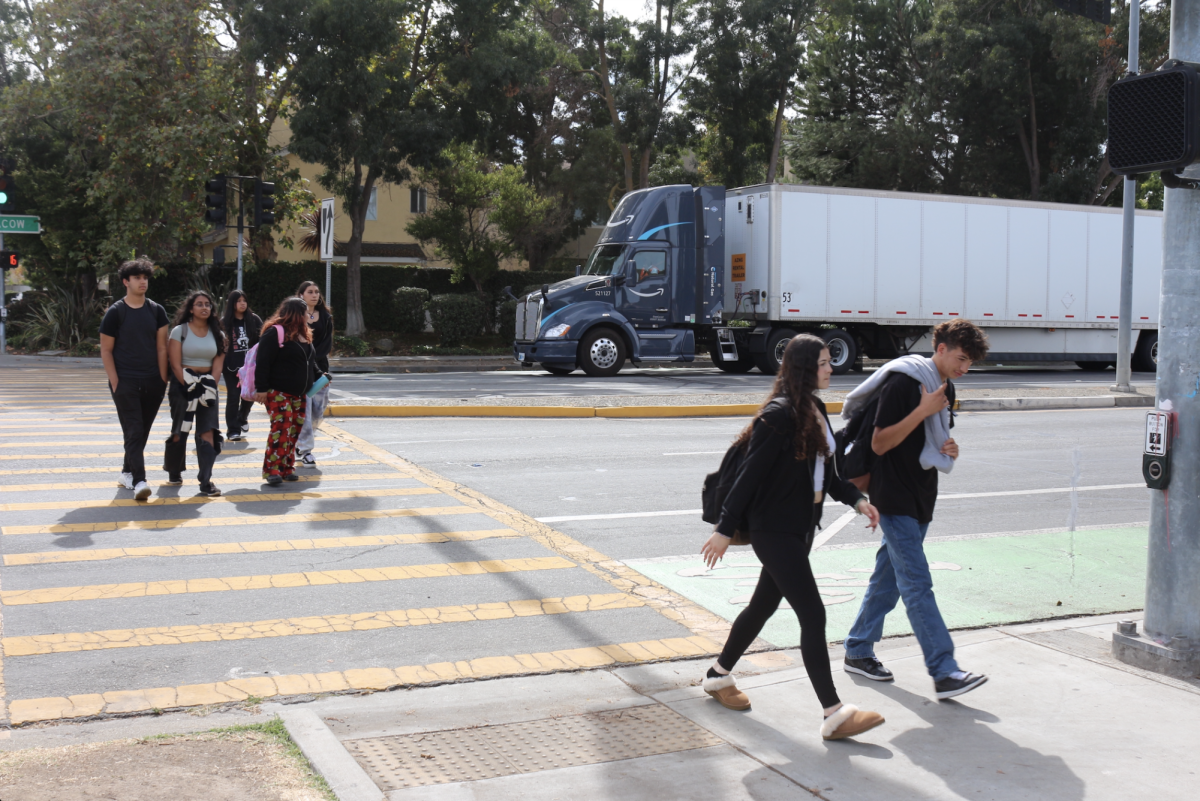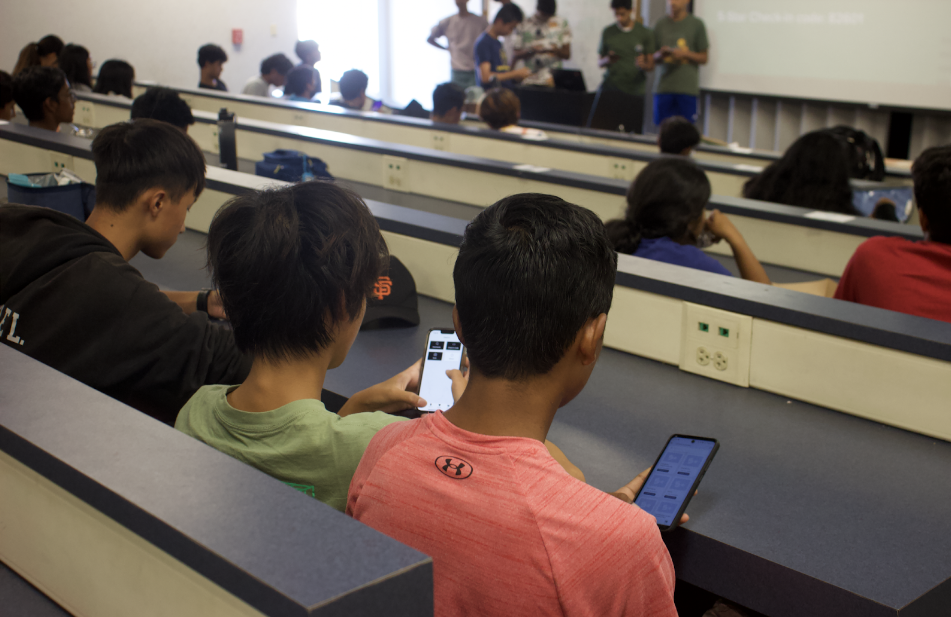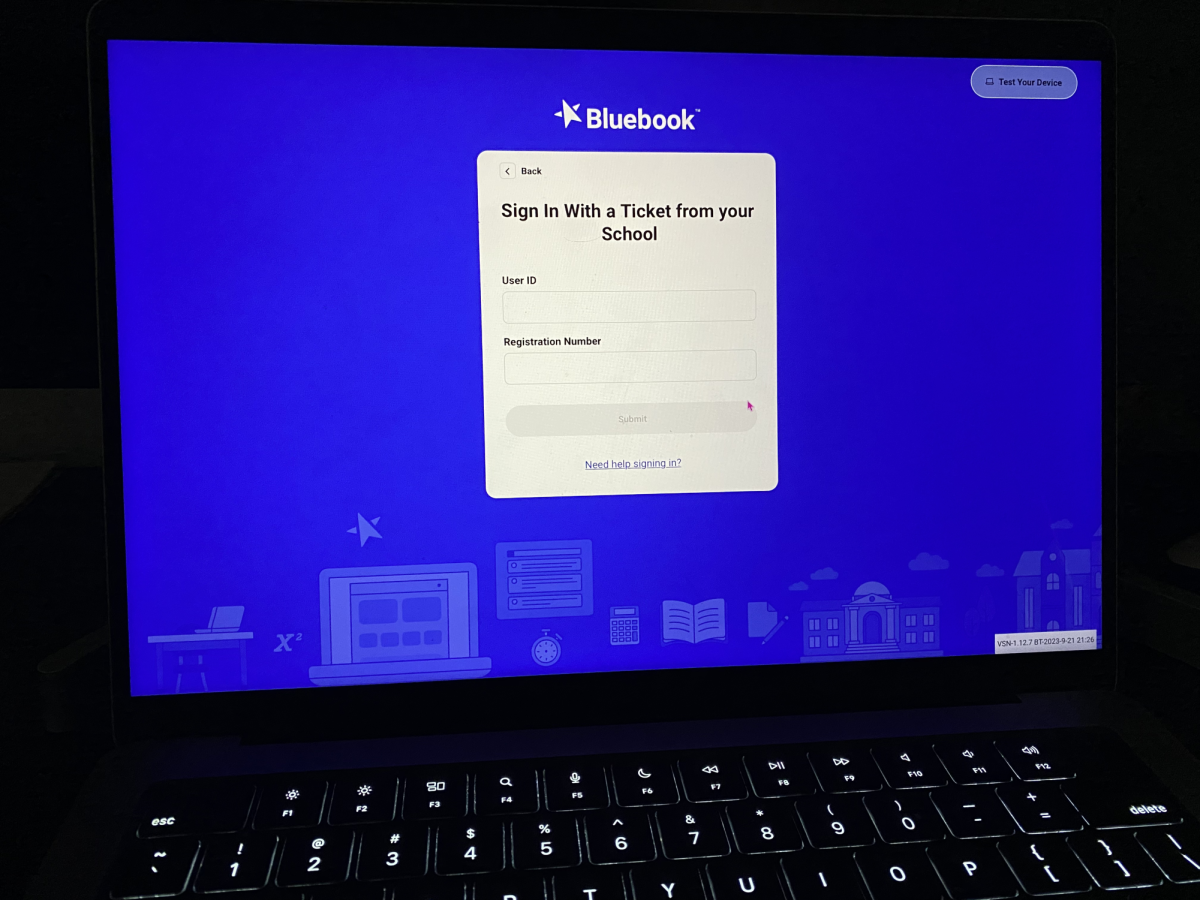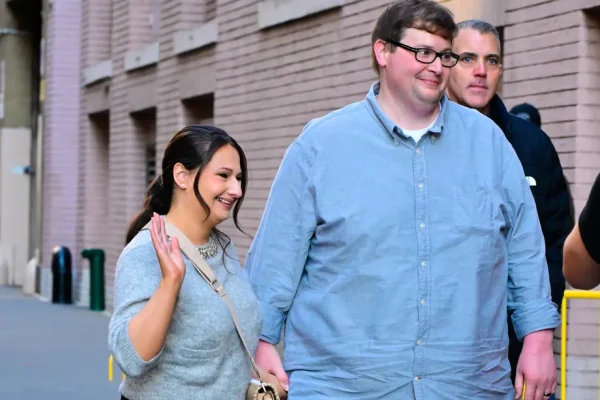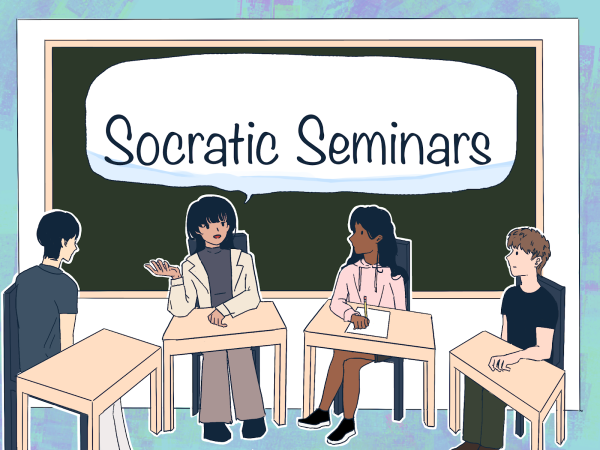Fixing the Election Blame Game
March 30, 2017
It is no secret that many students at Irvington detest elections week. Truth be told, I have never seen our student body as passionate about something as criticizing candidates and the elections process. Despite some crucial changes made to elections week, this year’s election season was perceived no differently from all the others, with the same feelings of disillusionment and apathy.
And the feelings are justified. Elections week is far from perfect. Speech time is too short to learn anything more than the ideas already outlined on a candidate’s Facebook page or website. The questions ASB chooses to ask the candidates are often superficial and more important questions like asking candidates why they deserve our vote are thrown under the rug to avoid conflict.
But even if ASB manages to reform all of these side issues, the elections process will fail to fundamentally change. The problem is bigger than a few superficial questions or short speeches. And proclaiming campaign week as a popularity contest not only does not solve these problems, but also gets old fast.
Instead, it is imperative to understand the shortcoming of elections week is caused by student apathy which is spurred by disconnected and idealistic policies proposed by candidates. Only through solving the root cause and reforming the ideas proposed and highlighted by candidates can students finally start to care about elections week rather than staying comfortable wallowing in their apathy.
Student apathy creates the barrier between ASB and the student body. Students do not feel represented by their current leadership. During the Q&A session for first round elections, student turnout was minimal. As candidates talked about their platform, students remained oblivious, occasionally glancing over to the event as if it was a disturbance to their lunch.
If students feel that a campaign process directed at serving their needs is a disturbance, there must be inherently wrong with what candidates themselves are promising. Candidate’s campaigns included “increased connectivity and communication” or “increased school spirit,” which further isolated themselves from the majority of the student body. Throughout the years, the constant narrative I hear is students do not believe school spirit is an important part of the high school experience and majority of the students are indifferent about increased connections within classes. If candidates continuously propose ideas that appeal to the wishes of the few, it is no wonder that students are apathetic. While these ideas may be good, their intentions must be to embody the needs of the students, which they clearly fail to do.
Candidates ought to understand what the average student wants and would appreciate in their everyday school life. Tangible policies such as cleaner bathrooms, cheaper Prom tickets, better water fountains or student lounges are among the ideas I’ve heard students ask for, that candidates failed to touch upon in their campaigns.
Resorting to utopian statements about collaboration and heightened morale leads to a uniform campaign, where all candidates have the same platform. Only through tangible policies can candidates be compared to one another, allowing students to pick from a diverse set of candidates rather than resorting to one who could simply articulate the same idea better.
Ultimately, it boils down to candidates changing their advocacies to suit their constituents. From there, the responsibility falls to the students to take the first step into cafeteria to ask hard questions and undermine the idea of a “popularity contest,” instead of complaining that those questions are not being asked. In the end, we can no longer play victim to the circumstances we all have created – candidates, ASB, and students alike.





